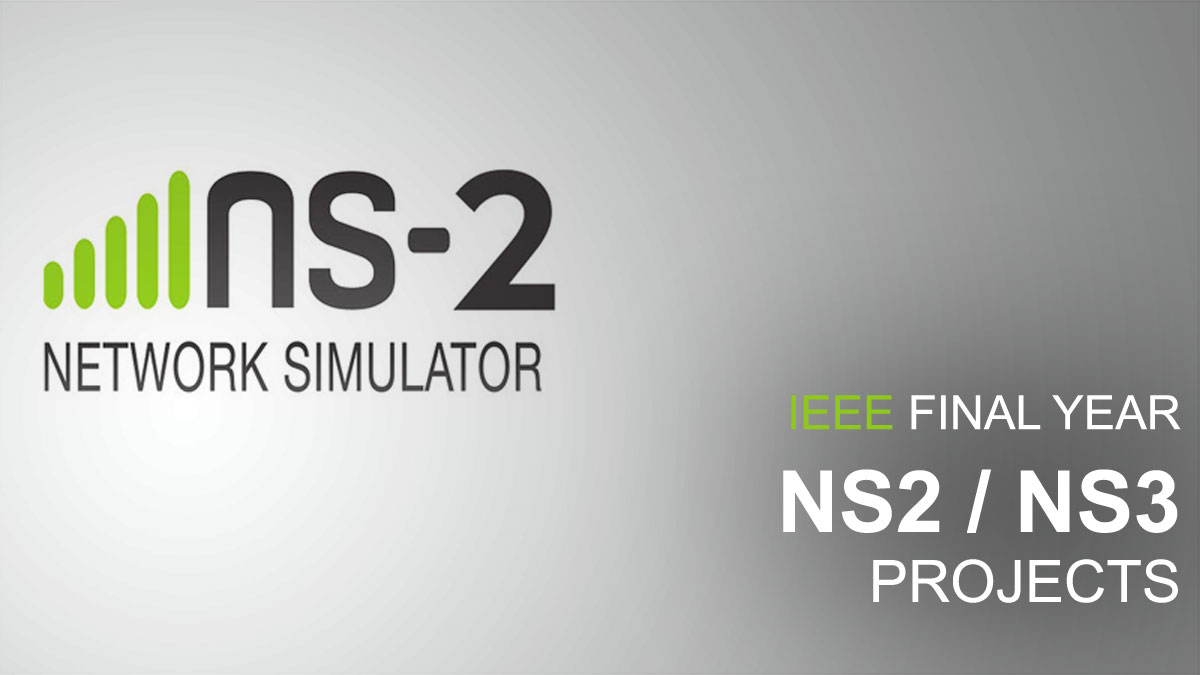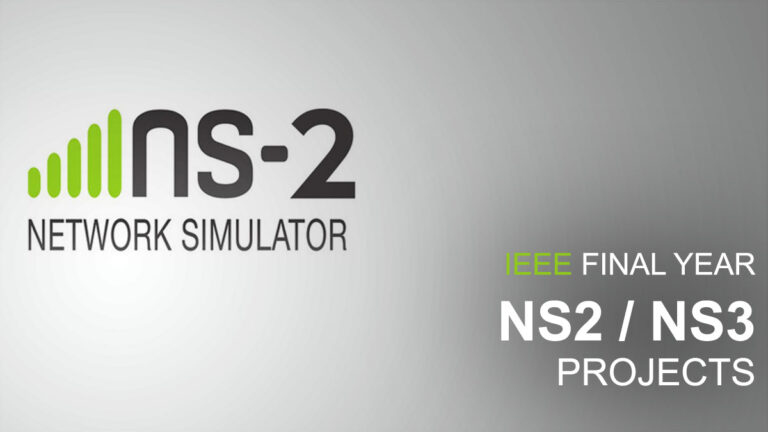
Abstract:
Reconfigurable intelligent surfaces (RISs)-enabled high-frequency wireless systems will support reliability and data rate-hungry applications. However, misalignment and turbulence affect such systems.
Most performance assessments of RIS-empowered wireless systems ignore these phenomena. This motivates the current contribution, a theoretical framework for statistically characterizing cascaded composite turbulence and misalignment channels.
We present probability density and cumulative distribution functions for cascaded composite turbulence and misalignment channels. We present novel closed-form formulas that quantify the joint impact of turbulence and misalignment on outage performance for two scenarios: cascaded multi-RIS-empowered free space optics (FSO) and terahertz (THz) wireless systems.
Diversity order is extracted from the scenarios. In a third scenario, parallel multi-RIS-empowered FSO systems, we provide an insightful outage probability upper-bound. Results show the importance of accurately modeling turbulence and misalignment when assessing system performance.
Note: Please discuss with our team before submitting this abstract to the college. This Abstract or Synopsis varies based on student project requirements.
Did you like this final year project?
To download this project Code with thesis report and project training... Click Here
